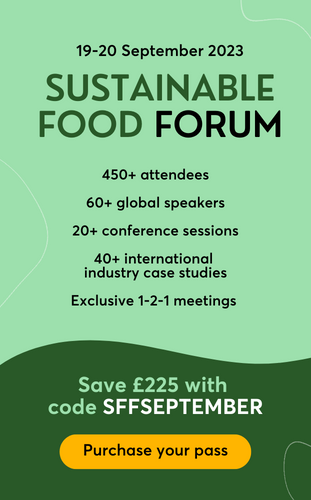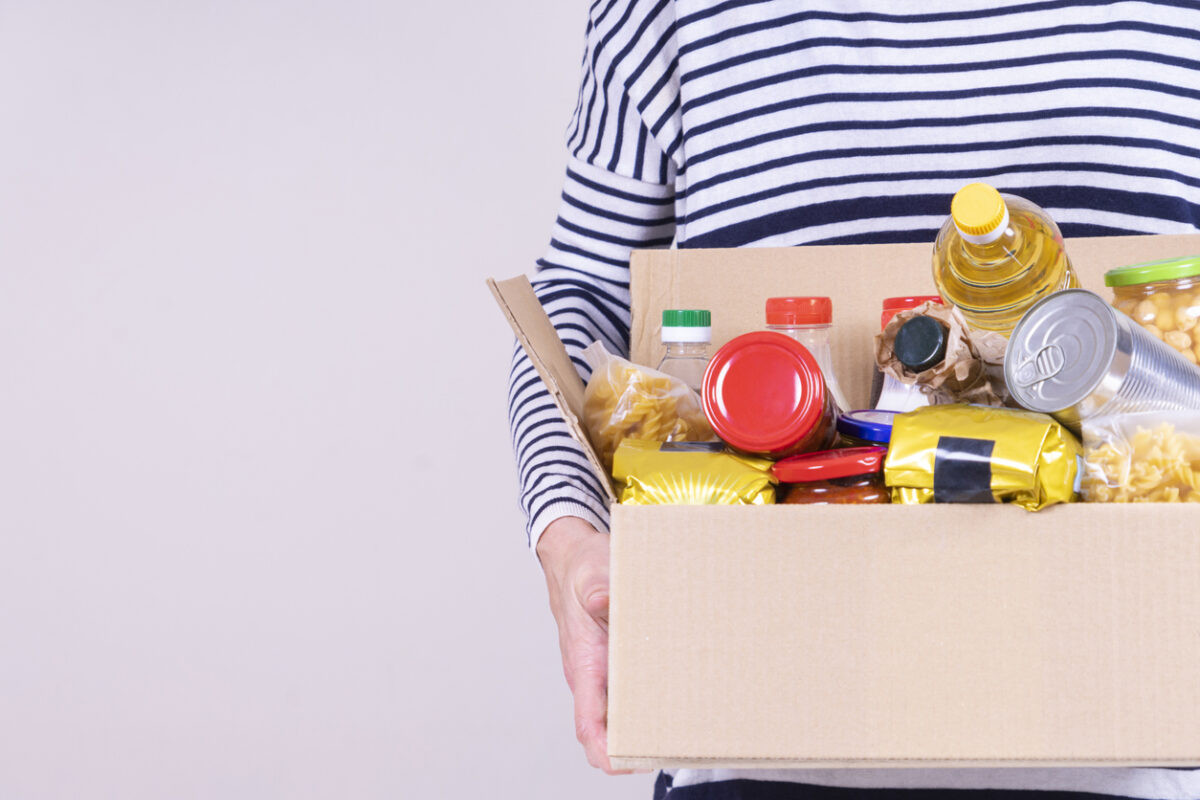EU wastes 153M tonnes of food each year says Feedback EU report

The EU wastes more food than it imports, according to a new study published by food systems campaign group Feedback EU.
The report reveals that while the bloc imports almost 138 million tonnes of agricultural produce each year, worth €150 billion, it throws out 153.5 million tonnes.
It also says that food waste currently accounts for at least 6% of the EU’s total greenhouse gas emissions.
What’s more, around 20% of EU own food production is currently wasted, and this costs businesses and households at least €143 billion a year, according to the study – a worrying figure considering 33 million people in Europe cannot afford a good quality meal every second day.
It also says that the amount of wheat wasted in the bloc equates to about half of Ukraine’s wheat exports and a quarter of other EU grain exports.
Using a range of the most up-to-date and accurate data, Feedback EU estimates the primary production sector produces the most food waste at 89.9 million tonnes. The processing sector follows behind at 15.4 million tonnes. Foodservice and households produce 10.5 and 32.5 million tonnes respectively, while wholesale and retail produces 5.3 million tonnes.
As a result of these findings, Feedback EU says the region is “nowhere near on track” to meet the Sustainable Development Goal 12.3 to half food waste by 2030.
The report’s recommendations for the EU include setting a legally binding target for member states to cut their food waste from across the entire supply chain by 50% by 2030.
Successfully halving food waste in the EU over the next eight years could save 4.7 million hectares of agricultural land, the study says. If food was used more efficiently, less land would be needed to grow it on.
The Commission is expected to develop a proposal for legally binding food waste targets for the region’s member states by the end of 2022, to be formally adopted next year. If adopted, following negotiations between the European Parliament and Council to decide the finalised targets, the food waste legislation will be the first of its kind worldwide.
According to the study, official EU figures still tend to exclude most on-farm food waste from member state reporting, which means an inaccurate level of food waste is being measured across the bloc’s food production system.
Frank Mechielsen, Executive Director at Feedback EU, said: “It’s critical that targets include waste on farms and from processing and food service businesses; if the EU limits targets to covering only retail and consumer food waste, our report finds that between 48 and 76% of total EU food waste would be excluded, which would leave most businesses causing food waste in supply chains unaccountable for food waste reduction.”
Some 43 organisations have supported Feedback EU’s recommendations, which include NGOs Zero Waste Europe, European Environmental Bureau, Environmental Action Germany (DUH), Martin Häusling, Member of European Parliament and Agricultural Policy Spokesman for the Greens/European Free Alliance group, and food waste apps OLIO and Too Good to Go.
Mechielsen added: “At a time of high food prices and a cost-of-living crisis, it’s a scandal that the EU is potentially throwing away more food than it’s importing.
“The EU now has a massive opportunity to set legally binding targets to halve its food waste from farm to fork by 2030 to tackle climate change and improve food security. Setting targets lower than 50% would be planning to fail to meet Sustainable Development Goal 12.3.
Piotr Barczak, Senior Policy Officer for Circular Economy and Food Waste at the European Environmental Bureau, added: “We have only [a] few years left to reach the SDG target 12.3 to which all governments of the EU have committed back in 2013. Since then, not much has happened and our economies still generate incredibly high amounts of food waste.
“The EU must urgently revise this target within the EU Waste Directives and make it mandatory. This is the only way to mobilise substantial action to cut food waste at national level and at EU level by at least 50% along the whole supply chain (including production and retail).”









